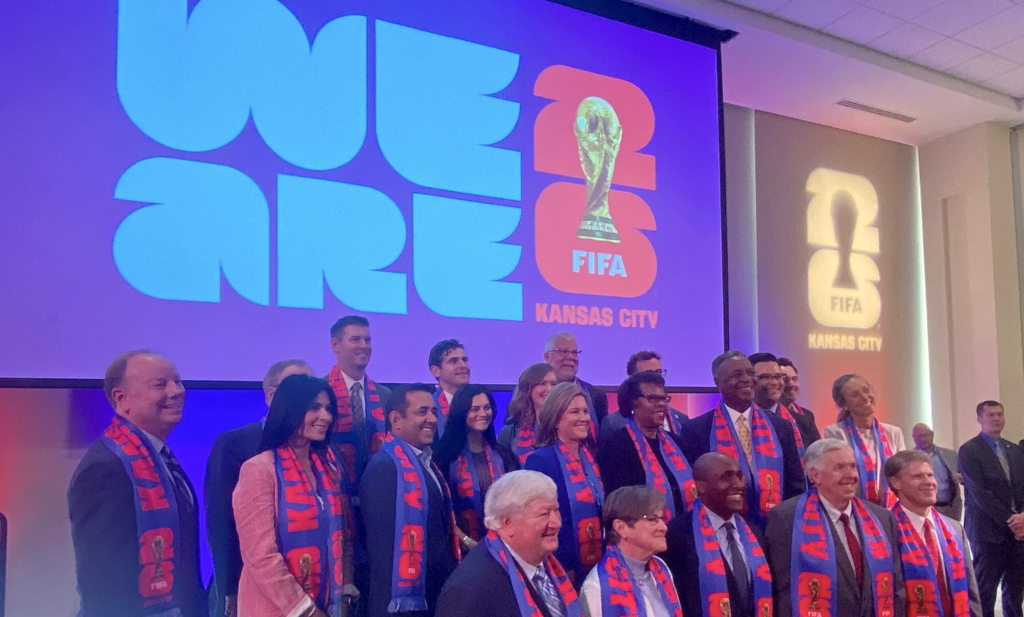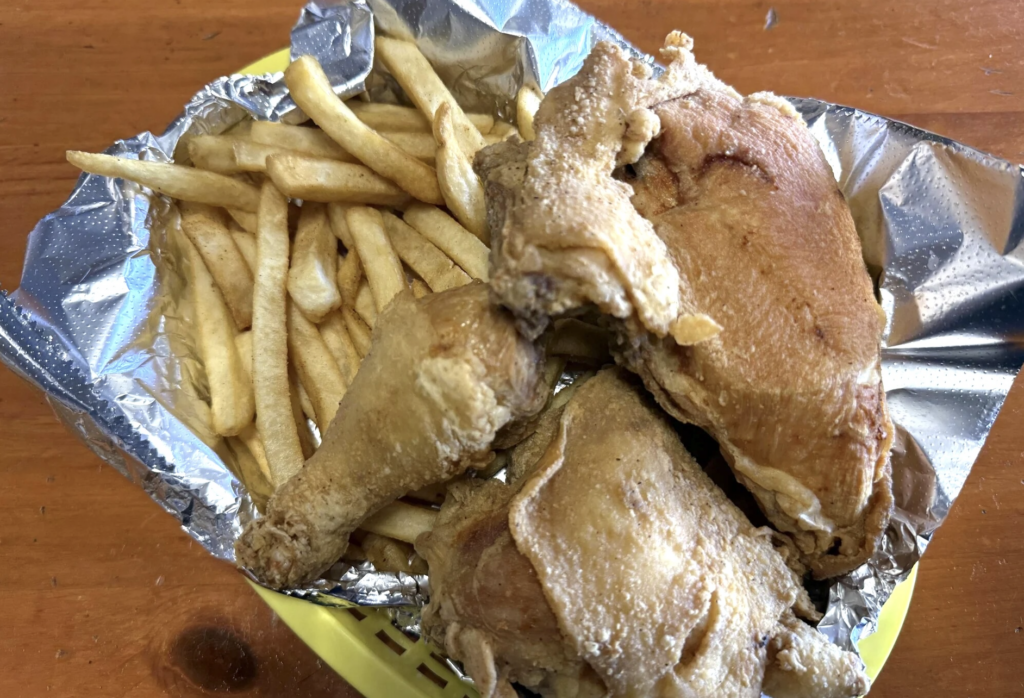Hangman’s Knot

Slipknot fans might be nervous, having seen the pattern before: Band develops a unique sound, gets ignored by radio and MTV, tours the nation with more vigor than a presidential candidate, earns record sales, respect and a rabid fanbase by doing things its own way, then, without warning, becomes part of the machine it had been fighting. Sometimes the group waits two albums (Korn) or a decade (Metallica), while others abandon ship at the first sign of commercial success. Whether such acts sold out by toning down their extremities or fought change for so long that a transformation was inevitable remains debatable, but either way it can be a bizarre experience when a band that seemed invisible to all but its devoted listeners becomes a mainstream darling.
But Slipknot fans, or maggots, as they’re affectionately known by the nine-piece band, need not worry that their heroes will suck up to Carson Daly anytime soon. It’s tough to imagine breathless teens gathering in Times Square to shout “I want to hear ‘People = Shit’ because I think the clown is so hot” or “Carson, please play ‘New Abortion’ by Slipknot because they’re the bomb, baby!” These sunny song titles, along with “Heretic Song” and “Disasterpiece,” appear on the group’s upcoming Roadrunner Records release Iowa, due in August. As these selections suggest, platinum sales and praise from the likes of Ozzy Osbourne and Pantera haven’t exactly brought the group peace and contentment.
“We’ve received [success] by being honest with ourselves, not by sucking corporate cock,” Joey Jordison says. “This is a band that earned it. There’s no sophomore slump.”
In addition to being one of three drummers, Jordison wears the Kabuki mask and answers to the number 1. He is joined in his band by numbers 0 (Sid Wilson, turntables), 2 (Paul Gray, bass), 3 (Chris Fehn, percussion), 4 (James Root, guitar), 5 (Craig Jones, samples), 6 (Shawn Crahan, percussion), 7 (Mick Thompson, guitar) and 8 (Corey Taylor, vocals). Although Slipknot is twice the size of the average band, it doesn’t suffer from twice the infighting. Jordison says the band members’ personalities click and that making music is a collective process. He also assures fans that anybody expecting Slipknot to return with watered-down material is going to get a rude awakening.
“There’s this whole nü-metal scene that we don’t want to be in, so we’re going back to our death-metal and black-metal roots,” Jordison says. “We all played in death-metal bands in the early ’90s. If anything, radio is going to come to us.”
As usual, Slipknot isn’t counting on radio play to spread its word. This fall, the group teams up with fellow heavy-rock innovators System of a Down for the Pledge of Allegiance tour, but first, there’s OZZfest. While Slipknot’s intensity matches System of a Down’s perfectly, it’s a bit bizarre to see the group sharing a stage with Linkin Park, which sounds like a tone-deaf version of the Deftones, and Crazy Town, which sounds like the Backstreet Boys might if they let tattooed bad boy A.J. call the shots.
“Honestly, I don’t feel musically in tune with that shit,” Jordison admits. “But our first tour was on OZZfest, so it feels natural, like history repeating. I guess we’ll have to spend the day soaking up the evil. During the day it will be TRL, and at night, with us, Marilyn Manson and Black Sabbath, it will be like feeding the wolves.”
Of the new material the wolves are anxiously waiting to devour, Jordison reveals that his drum parts are ten times better than on this album’s predecessor. Producer Ross Robinson, who has also worked with Korn, Soulfly and At the Drive-In, collaborated with the group on Iowa, despite having broken his back in a motorcycle accident. He since has recovered, but his willingness to battle through his injuries had a strong motivational effect on Slipknot. “There’s this guy on the floor yelling at us to be heavier,” Jordison says. “He helped us get the integrity.”
Iowa also draws strength from Taylor’s lyrics, which are more intense and personal than his past work, dealing with his teenage homeless years and his suicide attempts. Taylor comments on politics, how other countries treat their citizens and the way record companies “coax [bands] into doing things they would never want to do.” Slipknot’s lyrics are known for being dark to the point of nihilism (“‘Fuck everything’ really doesn’t offer more than, well, ‘fuck everything,'” sniped one online critic), but Jordison expresses hope that fans use the band’s anger as a way to release negative emotions, not dwell on them. “I’d rather [fans] have a positive change,” he says, “like a punching bag for all the aggression in their lives.”
Given all that went into the disc, Iowa might seem to be a plain title, but it speaks volumes about how far the group has come. When Slipknot started, Iowa was curiously lacking in significant rock acts, let alone masked nine-man death-metal bands, and the group struggled to attract attention and support from its home state — an experience that fueled its work ethic.
“After all the success we had [from the last album] and all the places we got to see, we realized it was because of all the hard work we put into it in Iowa,” Jordison says. “If this band had come from New York or L.A., it wouldn’t have lasted.”
Still, for all the band’s hard work, musical accomplishments (by far the heaviest band to have a platinum album since Slayer) and dedication to its fans, some people know Slipknot only as “the band that wears the masks.” But unlike Gwar, which uses costumes as a form of rock parody, or Insane Clown Posse, whose members use makeup and mythology to attract an absurd mix of would-be gangstas and Dungeons & Dragons geeks, or Limp Bizkit’s Wes Borland, who dresses up to disguise his disinterest in the music he plays, Slipknot dons its masks without a telltale wink or nudge. Jordison says the masks help the band avoid “that sponsorship crap” and keep the focus away from whether the band members could be sex symbols.
Jordison promises new masks in coordination with Iowa, which will show how each character’s looks have evolved, and he repeatedly guarantees that the album will go down in metal history. But even if Iowa doesn’t earn a prestigious place in the headbangers’ annals, this much is certain: Long after the OZZfest nation sheds its turntables and athletic gear, Slipknot will still have its maggots, and the maggots will have their Slipknot.




